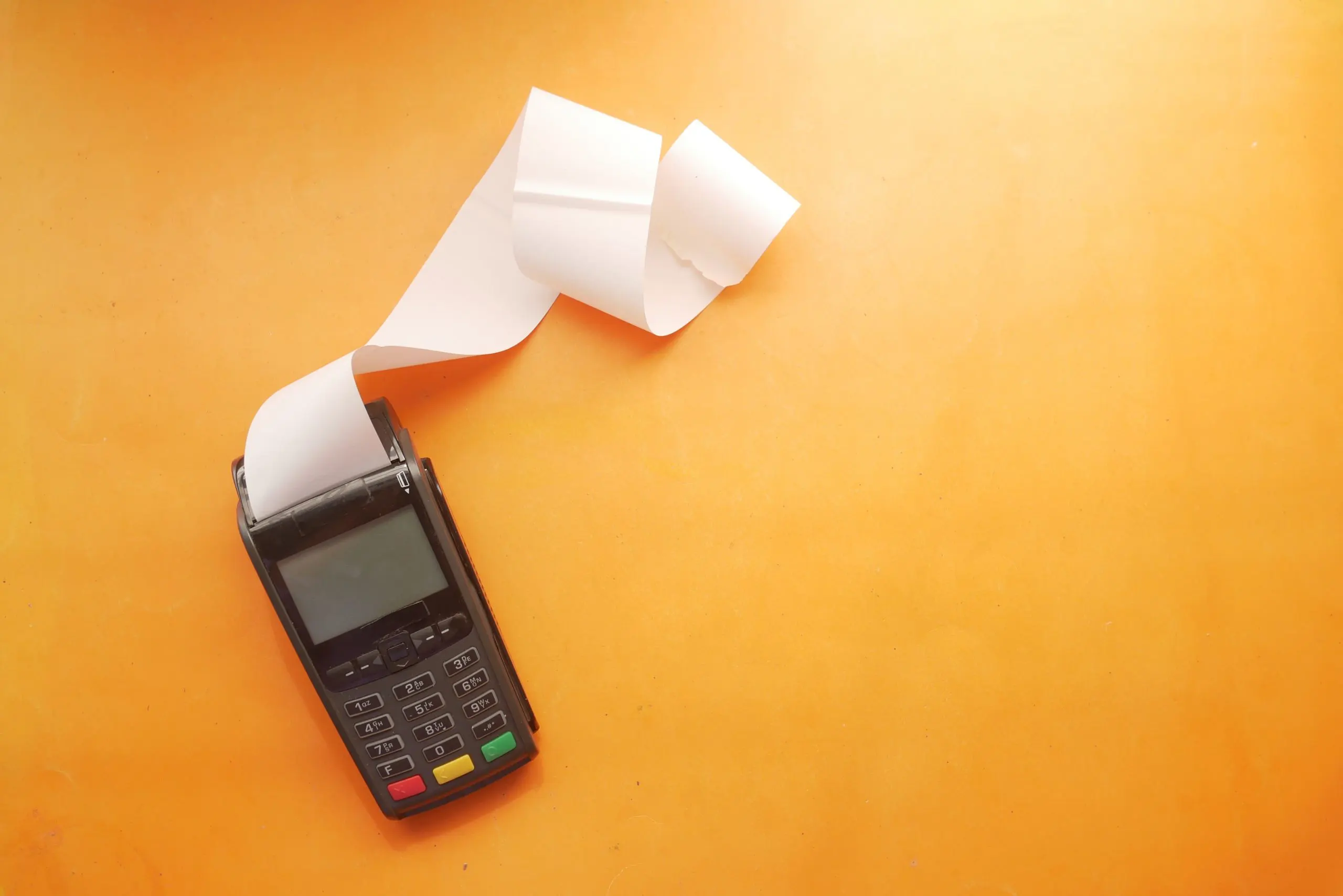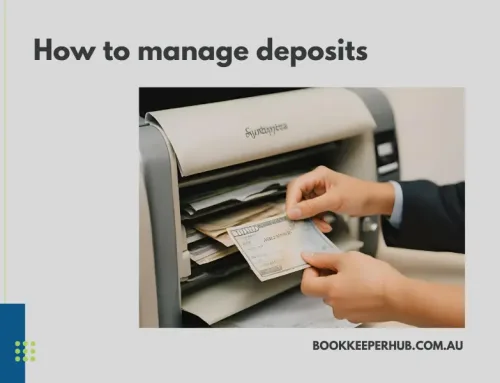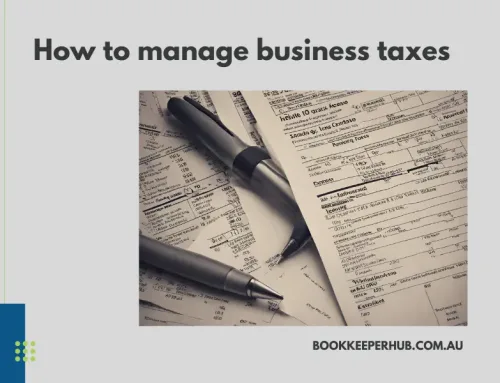Now that we’re heading quickly towards the end of the 2021/2022 financial year, it’s a good time for business owners to take a step back and assess whether their bookkeeping is all it could be.
Was taking care of your business finances as easy as you might have liked this year, or did you find there were problems? If you fall into the latter camp (and even if you fall into the former), it’s worth considering putting some good bookkeeping habits in place for 2022 so that the next time you have to do your taxes, it doesn’t become such a chore. Read on to find out more.
Get Professional Help
Entrepreneurs are always juggling a slew of responsibilities. Therefore, it makes sense to outsource work that requires specialised knowledge or extensive time. As a business owner, you’re more likely than not to have started your company to follow a passion rather than to become an accountancy expert. Sometimes it’s preferable to outsource the work to someone who can perform a better and faster job than to attempt to do it yourself.
Using an outsourced bookkeeper goes beyond just making sure your taxes are compliant. A skilled financial eye can help you find ways to enhance your accounting and your company.

Look At Reports
Outsourcing your accounting does not mean that you should completely delegate it to someone else. You’ll want to go through reports, grasp what’s going on in your company, and ask the correct questions.
Regardless of your degree of accounting skill, it is important to your company for you to appreciate certain fundamental business metrics as the owner, such as profit, cost trend, accounts receivable, profit per client, and how your consumer funnel works.
Get The Right Software
You shouldn’t cut corners when it comes to the software you utilise. It may be more costly, but a good system is worth the investment. Nowadays, companies don’t have to rely on accounting software intended for qualified accountants since the options are more than ever before.
There are a plethora of possibilities out there, so take your time and choose the perfect fit for your organisation. It’s best to avoid systems that need you to read an enormous user manual if you’re not an accountant. Consider asking for advice from friends who own companies that are comparable to yours if you’re not sure where to start. They might also be able to help you use the software to begin with too.
Keep Receipts
Without keeping receipts, you have no idea what your firm is spending. Using a credit card makes this process a lot easier since you’ll have your receipts and monthly statements to compare, but what happens if you don’t want to use a credit card? What can you do then to ensure you know exactly what your outgoings truly are?
The problem is that if you don’t keep a close eye on your financial expenditures, things might go awry. You could easily overspend, or you might put an expense in the wrong category when you enter the information into your accounting software, and that could mean either paying too much or too little tax – neither of which is actually a good thing.
To keep track of their monetary outlays, some individuals carry a little notepad around with them at all times. This might seem old-fashioned, but sometimes it is these old-fashioned methods that world the best – if it’s a habit you’ve got into, why not? Of course, this won’t work for everyone, but that’s the beauty of technology. You can take a photo of every receipt you get when you get it, and some software will even allow you to upload that directly. Even if you can’t do that, you can still file the digital copy away and not have to worry about the original.

Track Your Receivables
Simply keeping track of your bills is insufficient. When it comes to monitoring the receivables side of the company, many successful firms run into problems. When bills are monitored but not recognised as paid, problems develop. An up-to-date record is required to determine if an invoice was partly or fully paid. You should also keep note of whether payments are paid on time or late.
Many invoicing systems maintain track of all receivables and will notify your clients if an invoice or payment is past due. This makes it so much easier to send out reminder emails or set aside time to contact your customers directly about late payments. As a result, make this one of your accounting routines.
Invoicing your clients is probably not your favourite part of your work, but of course, it’s vital. If you do the work and don’t invoice anyone, how will you get paid? May a system out of it to make sure nothing gets forgotten, and your cash flow will benefit.
Have A Petty Cash System
Petty cash systems are there to assist your firm in dealing with the frequent occurrence of little costs. Employee reimbursement and other small requirements are included in this category of spending. Small businesses and their workers may benefit from this system, which is meant to be fast and simple to use.
In order to keep track of the small costs that employees often neglect to provide receipts for, you can have a small fund of money in a separate account – or you could even have cash on the premises as long as you know how to keep it secure.
The important thing about petty cash is that, although you don’t have to account for every single penny for tax reasons like you would with your standard accounts, you’ll still need to know exactly what is in the account.
In this way, you can be sure there is enough to allocate to any staff member who needs it, but you can also ensure that no one is taking more than they should. Not all business owners want to have to deal with petty cash, and that’s fine, but if you don’t mind, it can be very useful.






